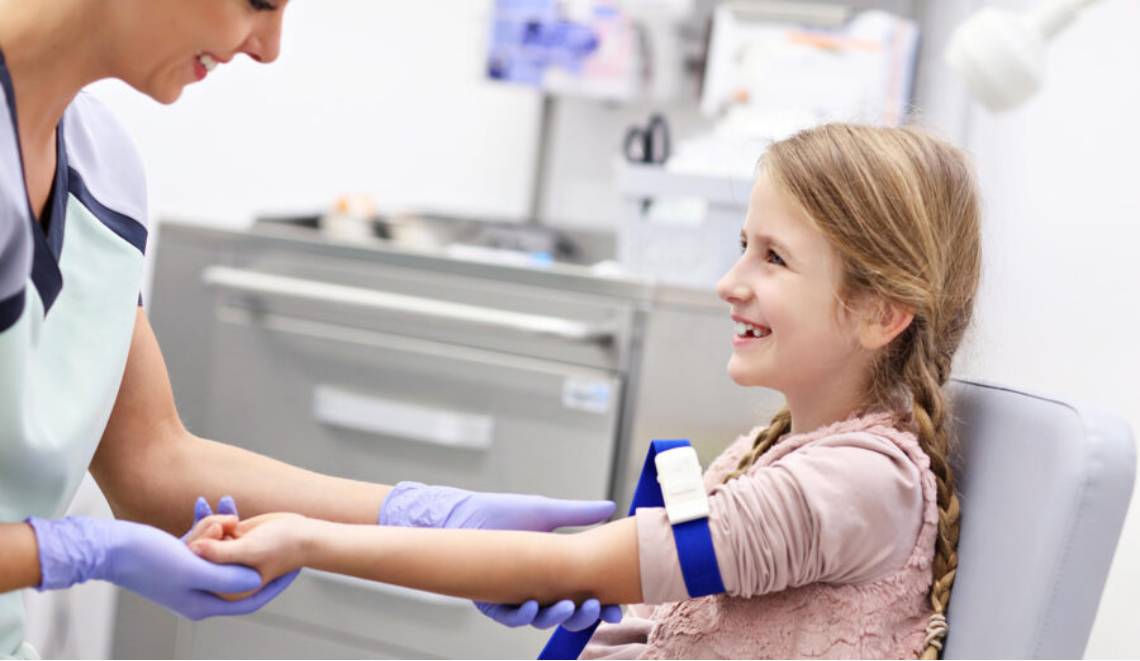Allergy Testing Technology: Enhancing Accuracy and Accessibility

Allergies affect millions of people, causing reactions that range from mild discomfort to serious, even life-threatening issues. The need for accurate testing in allergy care cannot be ignored. Recent progress in technology has changed how testing is done, making it more accurate and easier to use. These improvements in allergy testing Houston provide clearer results while making the process simpler for patients.
Moving from Old to New Allergy Tests
For years, common methods like skin prick tests and small needle injections have been used. While they work well, they often bring pain, need many visits, and can sometimes give wrong results because they are too sensitive. To fix these problems, new and better ways of testing have been created. These changes have made testing quicker and more accurate, solving many of the problems seen before.
Parents, for example, who once had to bring their children for repeated skin tests, can now rely on a single blood test that gives clear answers faster. Instead of waiting weeks, families can confirm allergies in just a few days, helping them make safer choices without unnecessary delays. These advancements make life easier and safer for everyone involved.
One key innovation is molecular allergy diagnostics, which focus on identifying specific allergenic proteins responsible for immune reactions. For example, blood-based testing now detects IgE antibodies with high precision, offering clear insights into an individual’s triggers. This minimizes misdiagnoses and allows tailored treatment options to be developed, reducing unnecessary interventions.
AI’s Impact on Allergy Testing
Artificial intelligence has become an integral part of allergy diagnostics, transforming how data is analyzed. AI systems evaluate patterns within test results, identifying potential allergens before symptoms become severe. For instance, someone experiencing mild seasonal symptoms might be flagged for early intervention, potentially avoiding chronic complications.
Personalized treatment plans are also crafted using AI, where testing data is combined with details like lifestyle and medical history. This approach not only saves time for healthcare providers but also improves the success rate of allergy management strategies. Real-life examples show how AI can make a difference. A patient with recurring rashes, for instance, might have a hidden allergen detected earlier by AI than through traditional testing.
Advancing Comfort Through Non-Invasive Methods
Non-invasive allergy testing is changing the game for patients hesitant about needles or blood draws. Methods such as saliva-based testing and wearable patch diagnostics now provide a stress-free alternative. Children often benefit from these advances, as parents no longer need to struggle with convincing young ones to undergo testing.
Take the example of a teenager dealing with frequent reactions to unknown foods. Using a saliva-based test, a diagnosis is made within days, guiding the family toward safer meal options without multiple clinic visits. These quick, painless methods are encouraging more individuals to seek early testing, leading to better outcomes.
Cost Reduction and Accessibility
Technological advancements have also made allergy testing more affordable and widely available. Automated lab processes have lowered costs, and mobile testing units equipped with portable devices now serve remote areas where healthcare access was once limited. A child in a rural town, for example, can now be tested for pollen allergies without needing to travel miles to a specialized facility.
A Glimpse into the Future
The possibilities for allergy testing continue to expand. Real-time allergen detection through wearable devices and enhanced genetic testing for predispositions are already in development. Additionally, apps powered by AI could soon provide instant insights, enabling better allergy management wherever needed.
With ongoing innovation, the accuracy and efficiency of allergy testing will only improve. Patients will benefit from earlier diagnoses, simpler testing processes, and better treatment plans. These advancements are helping healthcare professionals address allergies more effectively, ultimately fostering healthier lives for millions around the globe.

